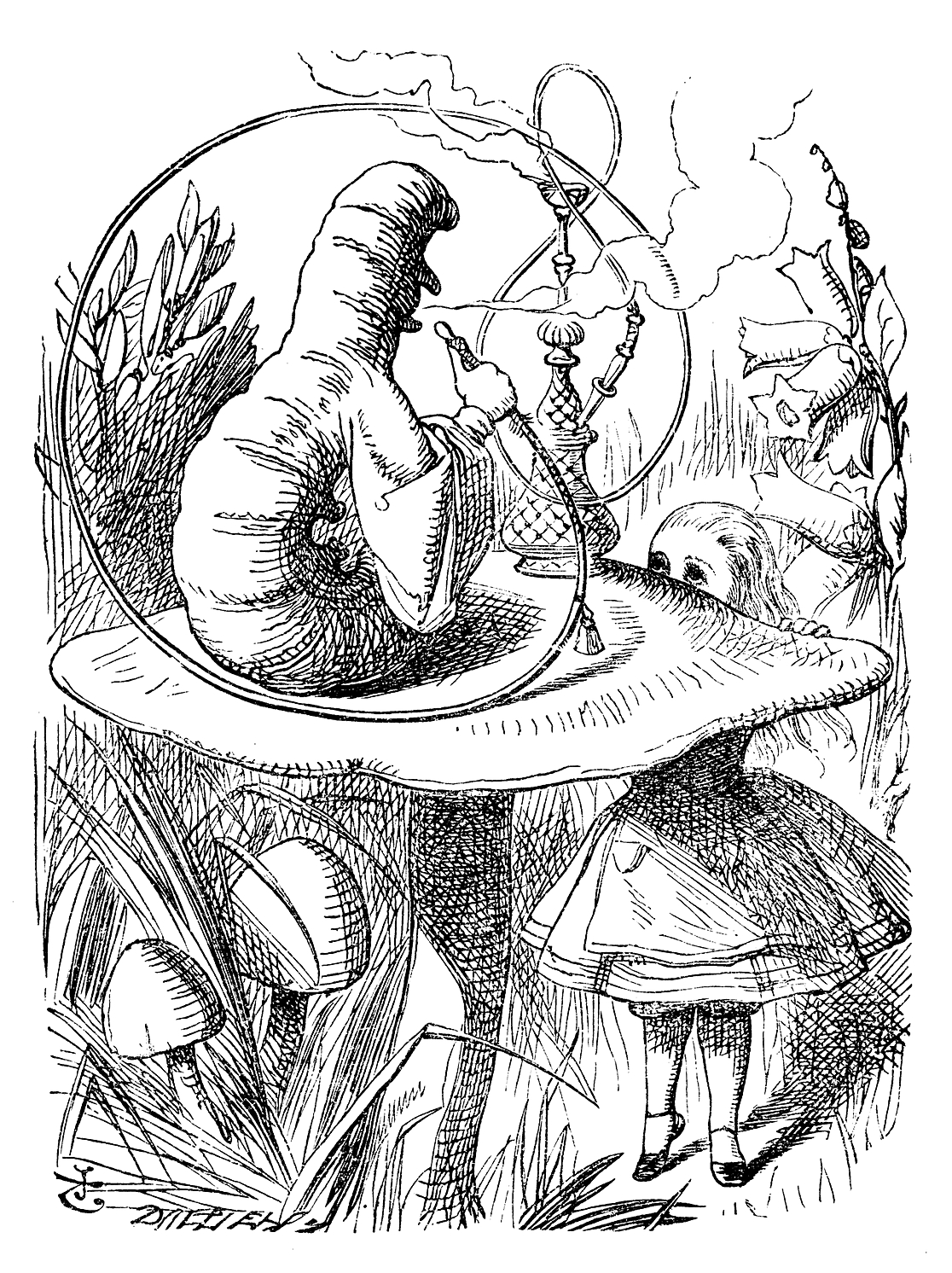|
Vagueness
In linguistics and philosophy, a vague predicate is one which gives rise to borderline cases. For example, the English adjective "tall" is vague since it is not clearly true or false for someone of middling height. By contrast, the word " prime" is not vague since every number is definitively either prime or not. Vagueness is commonly diagnosed by a predicate's ability to give rise to the Sorites paradox. Vagueness is separate from ambiguity, in which an expression has multiple denotations. For instance the word "bank" is ambiguous since it can refer either to a river bank or to a financial institution, but there are no borderline cases between both interpretations. Vagueness is a major topic of research in philosophical logic, where it serves as a potential challenge to classical logic. Work in formal semantics has sought to provide a compositional semantics for vague expressions in natural language. Work in philosophy of language has addressed implications of vagueness for t ... [...More Info...] [...Related Items...] OR: [Wikipedia] [Google] [Baidu] |
Vagueness Doctrine
In American constitutional law, a statute may be void for vagueness and unenforceable if it is too vague for the average citizen to understand what acts or duties are required or restricted. This is because constitutionally permissible activity may not be chilled because of a statute's vagueness (either because the statute is a penal statute with criminal or quasi-criminal civil penalties, or because the interest invaded by the vague law is sufficiently fundamental to subject the statute to strict scrutiny by a court determining its constitutionality). There are several reasons a statute may be considered vague; in general, a statute might be void for vagueness when an average citizen cannot generally determine what persons are regulated, what conduct is prohibited, or what punishment may be imposed. For example, criminal laws which do not state explicitly and definitely what conduct is punishable are void for vagueness. A statute is also void for vagueness if a legislature's deleg ... [...More Info...] [...Related Items...] OR: [Wikipedia] [Google] [Baidu] |
Paradox Of The Heap
The sorites paradox (), sometimes known as the paradox of the heap, is a paradox that results from vague predicates. A typical formulation involves a heap of sand, from which grains are removed individually. With the assumption that removing a single grain does not cause a heap not to be considered a heap anymore, the paradox is to consider what happens when the process is repeated enough times that only one grain remains and if it is still a heap. If not, then the question asks when it changed from a heap to a non-heap. Original formulation The word ''sorites'' () derives from the Greek word for ''heap'' (). The paradox is so named because of its original characterization, attributed to Eubulides of Miletus. The paradox is as follows: consider a heap of sand from which grains are removed individually. One might construct the argument from the following premises: :'' grains of sand is a heap of sand'' (Premise 1) :''A heap of sand minus one grain is still a heap.'' (Premise 2) ... [...More Info...] [...Related Items...] OR: [Wikipedia] [Google] [Baidu] |
Philosophy Of Language
Philosophy of language refers to the philosophical study of the nature of language. It investigates the relationship between language, language users, and the world. Investigations may include inquiry into the nature of Meaning (philosophy), meaning, intentionality, reference, the constitution of sentences, concepts, learning, and thought. Gottlob Frege and Bertrand Russell were pivotal figures in analytic philosophy's "linguistic turn". These writers were followed by Ludwig Wittgenstein (''Tractatus Logico-Philosophicus''), the Vienna Circle, Logical positivism, logical positivists, and Willard Van Orman Quine. History Ancient philosophy In the West, inquiry into language stretches back to the 5th century BC with philosophers such as Socrates, Plato, Aristotle, and the Stoics. Linguistic speculation predated systematic descriptions of grammar which emerged in India and in Greece. In the dialogue ''Cratylus (dialogue), Cratylus'', Plato considered the question of whether ... [...More Info...] [...Related Items...] OR: [Wikipedia] [Google] [Baidu] |
Fuzzy Logic
Fuzzy logic is a form of many-valued logic in which the truth value of variables may be any real number between 0 and 1. It is employed to handle the concept of partial truth, where the truth value may range between completely true and completely false. By contrast, in Boolean algebra, Boolean logic, the truth values of variables may only be the integer values 0 or 1. The term ''fuzzy logic'' was introduced with the 1965 proposal of fuzzy set theory by mathematician Lotfi A. Zadeh, Lotfi Zadeh. Fuzzy logic had, however, been studied since the 1920s, as Łukasiewicz logic, infinite-valued logic—notably by Jan Łukasiewicz, Łukasiewicz and Alfred Tarski, Tarski. Fuzzy logic is based on the observation that people make decisions based on imprecise and non-numerical information. Fuzzy models or fuzzy sets are mathematical means of representing vagueness and imprecise information (hence the term fuzzy). These models have the capability of recognising, representing, manipulating, in ... [...More Info...] [...Related Items...] OR: [Wikipedia] [Google] [Baidu] |
Supervaluationism
In philosophical logic, supervaluationism is a semantics for dealing with irreferential singular terms and vagueness. It allows one to apply the tautologies of propositional logic in cases where truth values are undefined. According to supervaluationism, a proposition can have a definite truth value even when its components do not. The proposition "Pegasus likes licorice", for example, is often interpreted as having no truth-value given the assumption that the name "Pegasus" fails to refer. If indeed reference fails for "Pegasus", then it seems as though there is nothing that can justify an assignment of a truth-value to any apparent assertion in which the term "Pegasus" occurs. The statement "Pegasus likes licorice or Pegasus doesn't like licorice", however, is an instance of the valid schema p \vee \neg p ("''p or not-p''"), so, according to supervaluationism, it should be true regardless of whether or not its disjuncts have a truth value; that is, it should be true in all i ... [...More Info...] [...Related Items...] OR: [Wikipedia] [Google] [Baidu] |
Timothy Williamson
Timothy Williamson (born 6 August 1955) is a British philosopher whose main research interests are in philosophical logic, philosophy of language, epistemology and metaphysics. He is the former Wykeham Professor of Logic at the University of Oxford, and a fellow of New College, Oxford. Education and career Born on 6 August 1955, Williamson's education began at Leighton Park School and continued at Henley Grammar School (now the Henley College). He then went to Balliol College, Oxford University. He graduated in 1976 with a Bachelor of Arts degree with first-class honours in mathematics and philosophy, and in 1980 with a doctorate in philosophy (DPhil) for a thesis entitled ''The Concept of Approximation to the Truth''. Williamson was Professor of Logic and Metaphysics at the University of Edinburgh (1995–2000), fellow and lecturer in philosophy at University College, Oxford (1988–1994), and lecturer in philosophy at Trinity College, Dublin (1980–1988). He took up the ... [...More Info...] [...Related Items...] OR: [Wikipedia] [Google] [Baidu] |
Formal Semantics (natural Language)
Formal semantics is the scientific study of linguistic meaning through formal tools from logic and mathematics. It is an interdisciplinary field, sometimes regarded as a subfield of both linguistics and philosophy of language. Formal semanticists rely on diverse methods to analyze natural language. Many examine the meaning of a sentence by studying the circumstances in which it would be true. They describe these circumstances using abstract mathematical models to represent entities and their features. The principle of compositionality helps them link the meaning of expressions to abstract objects in these models. This principle asserts that the meaning of a compound expression is determined by the meanings of its parts. Propositional and predicate logic are formal systems used to analyze the semantic structure of sentences. They introduce concepts like singular terms, predicates, quantifiers, and logical connectives to represent the logical form of natural language expres ... [...More Info...] [...Related Items...] OR: [Wikipedia] [Google] [Baidu] |
Ambiguity
Ambiguity is the type of meaning (linguistics), meaning in which a phrase, statement, or resolution is not explicitly defined, making for several interpretations; others describe it as a concept or statement that has no real reference. A common aspect of ambiguity is uncertainty. It is thus an Attribute grammar, attribute of any idea or statement whose intention, intended meaning cannot be definitively resolved, according to a rule or process with a finite number of steps. (The prefix ''wikt:ambi-#Prefix, ambi-'' reflects the idea of "2 (number), two", as in "two meanings"). The concept of ambiguity is generally contrasted with vagueness. In ambiguity, specific and distinct interpretations are permitted (although some may not be immediately obvious), whereas with vague information it is difficult to form any interpretation at the desired level of specificity. Linguistic forms Lexical ambiguity is contrasted with semantic ambiguity. The former represents a choice between a ... [...More Info...] [...Related Items...] OR: [Wikipedia] [Google] [Baidu] |
Precising Definition
A precising definition is a definition that contracts or reduces the scope of the lexical definition of a term for a specific purpose by including additional criteria that narrow down the set of things meeting the definition. For example, a dictionary may define the term "student" as "1. anyone attending an educational institution of any type, or 2. anyone who studies something." However, a movie theater may propose a ''precising definition'' for the word "student" of "any person under the age of 18 enrolled in a local school" in order to determine who is eligible to receive discounted tickets. Precising definitions are generally used in contexts where vagueness is unacceptable; many law, legal definitions are precising definitions, as are company policies. This type of definition is useful in preventing disputes that arise from the involved parties using different definitions of the term in question. A precising definition is intended to make a vague word more precise so that th ... [...More Info...] [...Related Items...] OR: [Wikipedia] [Google] [Baidu] |
Common Law
Common law (also known as judicial precedent, judge-made law, or case law) is the body of law primarily developed through judicial decisions rather than statutes. Although common law may incorporate certain statutes, it is largely based on precedent—judicial rulings made in previous similar cases. The presiding judge determines which precedents to apply in deciding each new case. Common law is deeply rooted in Precedent, ''stare decisis'' ("to stand by things decided"), where courts follow precedents established by previous decisions. When a similar case has been resolved, courts typically align their reasoning with the precedent set in that decision. However, in a "case of first impression" with no precedent or clear legislative guidance, judges are empowered to resolve the issue and establish new precedent. The common law, so named because it was common to all the king's courts across England, originated in the practices of the courts of the English kings in the centuries fo ... [...More Info...] [...Related Items...] OR: [Wikipedia] [Google] [Baidu] |


